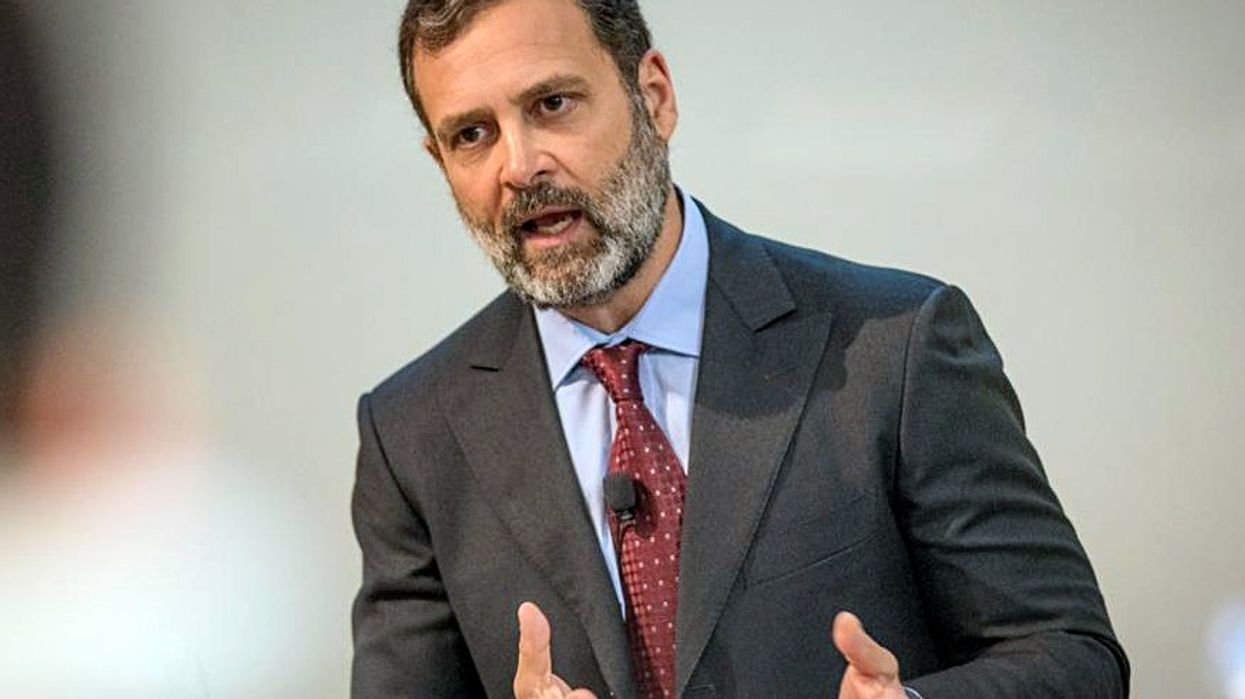TOP opposition figure Rahul Gandhi was expelled from India's Parliament on Friday (24), a day after his defamation conviction for a remark seen as an insult against prime minister Narendra Modi.
Modi's government has been widely accused of using the law to target and silence critics, and the case in the premier's home state of Gujarat is one of several lodged against his chief opponent in recent years.
Gandhi, of the opposition Congress party, was sentenced to two years imprisonment but walked free on bail after his lawyers vowed to appeal Thursday's verdict.
However, the conviction has ruled him ineligible to continue sitting in the Lok Sabha, or lower house of Indian parliament, a notice from the chamber's joint secretary said.
"Rahul Gandhi... stands disqualified from the member of Lok Sabha from the date of his conviction," the notice said.
Congress spokesman Akhilesh Pratap Singh confirmed that his party had received the notice.
"Black Day for Indian Democracy!" wrote Srinivas Bhadravathi Venkata, president of the party's youth wing, on Twitter.
Gandhi, 52, is the leading face of the Congress party, once the dominant force of Indian politics, with a proud role in ending British colonial rule, but now a shadow of its former self.
He is the scion of India's most famous political dynasty and the son, grandson and great-grandson of former prime ministers, beginning with independence leader Jawaharlal Nehru.
But he has struggled to challenge the electoral juggernaut of Modi and its nationalist appeals to the country's Hindu majority.
Thursday's case stemmed from a remark made during the 2019 election campaign in which Gandhi had asked why "all thieves have Modi as (their) common surname".
His comments were seen as a slur against the prime minister, who went on to win the election in a landslide.
Members of the government also said the remark was a smear against all those sharing the Modi surname, which is associated with the lower rungs of India's traditional caste hierarchy.
Gandhi faces at least two other defamation cases in the country and a money laundering case that has been snaking its way through India's glacial legal system for more than a decade.
(AFP)












